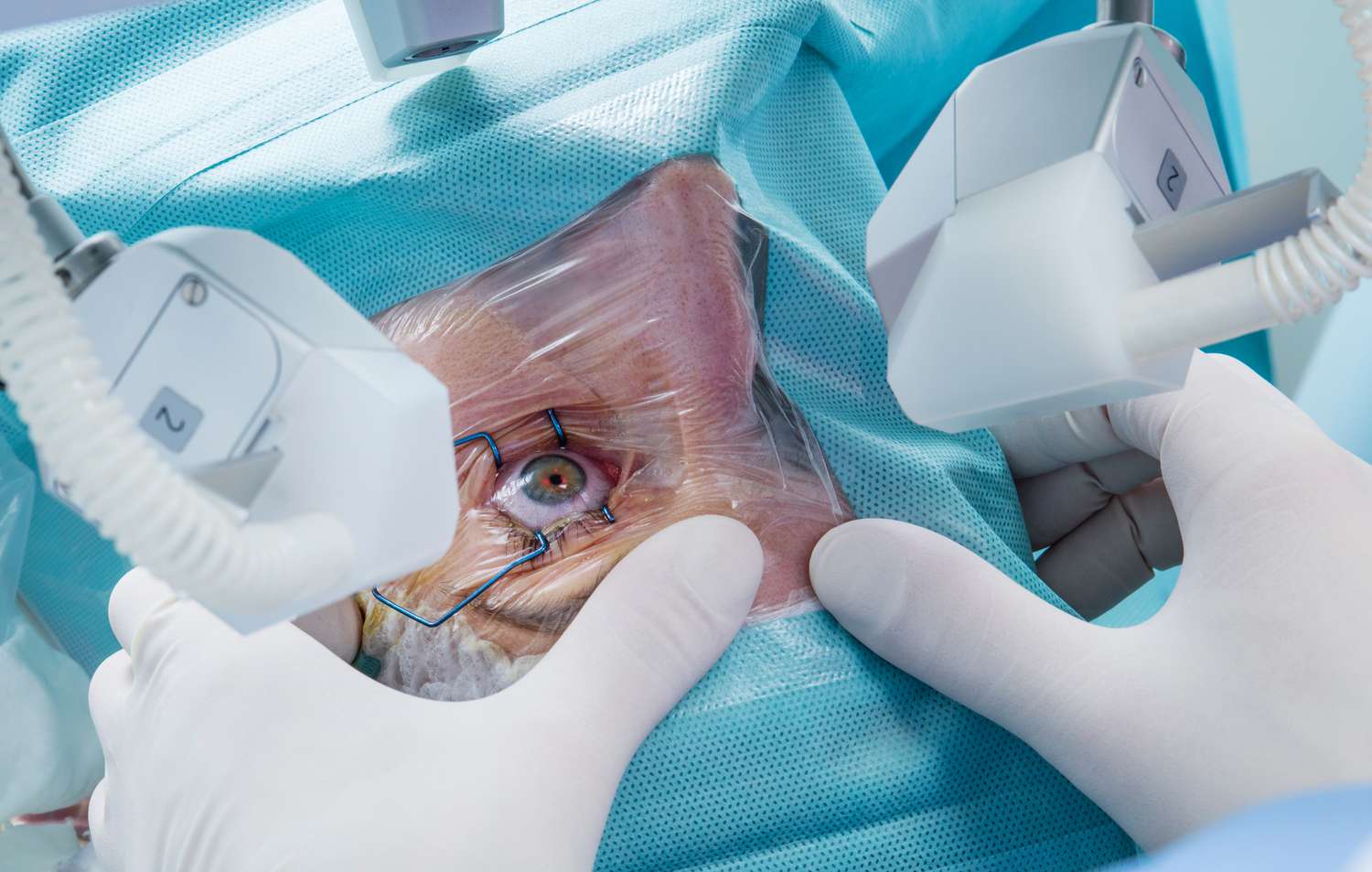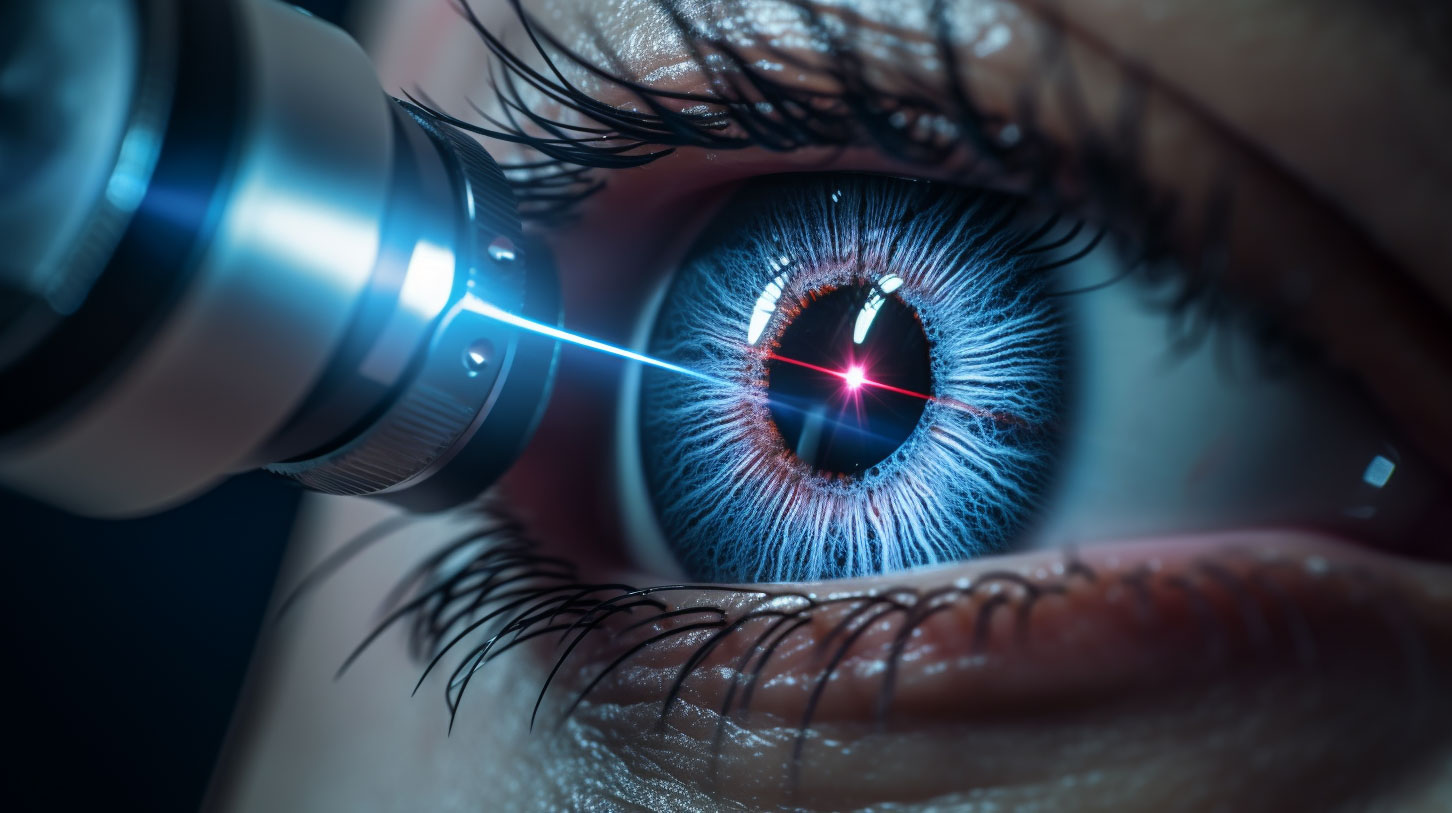Laser eye surgery has become a popular choice for individuals seeking vision correction. Among the cities offering this advanced medical procedure, Sydney stands out as a top destination. With its state-of-the-art technology and renowned surgeons, Sydney provides a premier experience for those considering laser eye surgery. Understanding Vision Correction Methods Vision correction procedures aim to improve visual acuity and reduce or eliminate the need for glasses or contact lenses. There are various techniques available to achieve this goal. Before diving into the benefits of laser eye surgery Sydney, let’s explore the basics of vision correction. The Basics of Vision Correction Traditional methods of vision correction involve the use of corrective lenses, such as glasses or contact lenses. While these options provide temporary visual enhancement, they do not address the root cause of refractive errors, such as myopia (nearsightedness), hyperopia (farsightedness), and astigmatism. Imagine a world where you wake up and can see clearly without reaching for your glasses or fumbling for your contact lenses. Laser eye surgery, on the other hand, aims to make this dream a reality by permanently reshaping the cornea, the clear front surface of the eye. By altering the cornea’s curvature, laser eye surgery can correct refractive errors, resulting in improved vision without reliance on external visual aids. But how does laser eye surgery work? Well, let’s take a closer look. During the procedure, a highly precise laser is used to reshape the cornea. This laser, guided by advanced computer technology, removes microscopic amounts of tissue, allowing light to properly focus on the retina. The result? Clearer, sharper vision that can last a lifetime. Comparing Different Vision Correction Techniques With the advancement of technology, several vision correction techniques have emerged. These include LASIK, PRK, and SMILE. Each technique has its own unique characteristics and suitability for different individuals. Consulting with an experienced surgeon is crucial to determine the most suitable procedure for your specific needs and conditions. Click here to learn about achieve perfect vision with advanced technology. LASIK (Laser-Assisted in Situ Keratomileusis) is the most commonly performed laser eye surgery procedure. It involves creating a thin flap on the surface of the cornea, reshaping the underlying tissue with a laser, and repositioning the flap. This technique has gained popularity due to its quick recovery time and minimal discomfort. PRK (Photorefractive Keratectomy), on the other hand, takes a slightly different approach. It removes the epithelium, a thin layer of cells on the cornea’s surface, before reshaping it with a laser. Although the recovery time may be longer compared to LASIK, PRK is a suitable option for individuals with thinner corneas or those who engage in activities that may increase the risk of corneal flap dislocation. Lastly, we have SMILE (Small Incision Lenticule Extraction), a minimally invasive procedure that corrects vision by removing a small piece of corneal tissue. This technique has gained popularity due to its potential for faster recovery and reduced dry eye symptoms compared to other laser eye surgery procedures. When considering vision correction, it’s important to remember that each individual’s eyes are unique, and what works for one person may not be the best option for another. That’s why consulting with an experienced eye surgeon is crucial to determine the most suitable technique for your specific needs and conditions. The Rise of Laser Eye Surgery Laser eye surgery has rapidly gained popularity in recent years due to its effectiveness and efficiency. Let’s explore the science behind this groundbreaking procedure and why it is widely considered a game-changer in the field of vision correction. The Science Behind Laser Eye Surgery Laser eye surgery utilizes advanced excimer lasers to precisely reshape the cornea. These lasers emit ultraviolet light, which breaks down the molecular bonds of the corneal tissue in a controlled manner. By removing microscopic layers of tissue, the cornea’s shape is altered, allowing light to focus correctly on the retina. But what exactly happens during the procedure? Well, before the surgery begins, the patient’s eye is numbed with eye drops to ensure comfort throughout the process. A small flap is then created on the cornea, which is gently lifted to expose the underlying tissue. The excimer laser is then used to reshape the cornea with remarkable precision, guided by a computer-controlled mapping system that takes into account the unique characteristics of each individual’s eye. Now, you might be wondering about the safety of such a procedure. Rest assured, laser eye surgery has an impressive track record of safety and success. The lasers used are incredibly precise, allowing surgeons to remove tissue with utmost accuracy. Additionally, the procedure is performed in a sterile environment, minimizing the risk of infection. The vast majority of patients experience no complications and achieve excellent visual outcomes. Benefits of Choosing Laser Eye Surgery Laser eye surgery offers numerous advantages over traditional vision correction methods. The most significant benefit is the long-lasting improvement in visual acuity. By reshaping the cornea, laser eye surgery can provide clear, crisp vision without the need for glasses or contact lenses. But that’s not all. Laser eye surgery also offers a quick and relatively painless recovery process. After the procedure, patients are typically able to resume their daily activities within a few days. The discomfort experienced during and after the surgery is minimal, and any post-operative symptoms, such as dry eyes or sensitivity to light, usually subside quickly. Moreover, laser eye surgery can have a positive impact on a person’s quality of life. Beyond the convenience of not relying on visual aids, individuals often report increased self-confidence and a renewed sense of freedom. Imagine waking up in the morning and being able to see the world clearly without reaching for your glasses or fumbling for your contact lenses. It’s a life-changing experience that many laser eye surgery patients cherish. Furthermore, laser eye surgery is not limited to correcting nearsightedness or farsightedness. It can also address astigmatism, a common condition that causes blurred or distorted vision. By reshaping the cornea to a more symmetrical shape, laser




